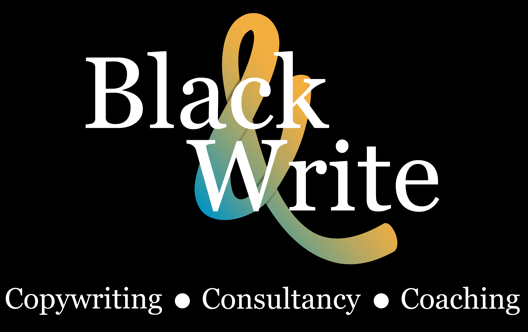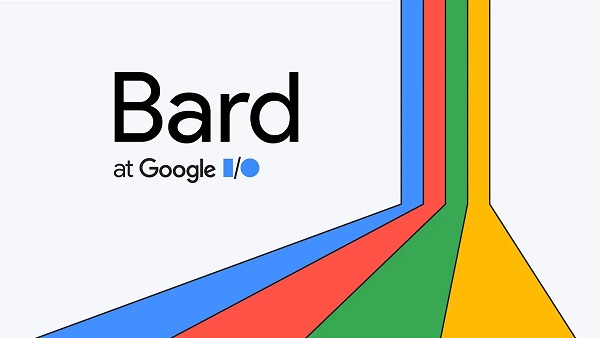If you haven’t heard of Google Bard yet, you soon will. It’s Google chatbot, which has been in development for some time and is about to be made available to most people with a Google account, including personal Gmail accounts.
Bard is Google’s answer to the OpenAI ChatGPT and Microsoft Bing AI chatbots. It’s taken a while to come to fruition, as early versions apparently lacked the depth of feature and functionality of its main rivals. Even now, it’s still described on Google’s website as an ‘experiment.’ Nevertheless, Bard’s roll-out was announced at Google’s annual I/O conference in California last week, so it could be coming to a device near you soon.
So, what can Google Bard actually do?
Google helpfully describes Bard as ‘…your creative and helpful collaborator, here to supercharge your imagination, boost your productivity and bring your ideas to life.’ Awesome, thanks Google. What does that actually mean?
In practice, it means Bard uses advanced artificial intelligence (AI) to provide a conversational experience. So, instead of just typing stuff into a search engine and looking at the results, you can ask Bard a question and then follow it up with more questions (called ‘prompts’) to get more detailed information and start a dialogue.
The idea is to help you do stuff, e.g., by providing assistance with writing essays or reports, explaining complex information in a simple way, or showing you the pros and cons of making decisions like choosing a holiday resort.
If you use Google Lens to take photos, you can also use Bard to automatically generate captions when you upload them to social media. Google Workspace users can link Bard to their usual account, so they don’t need to sign in separately. It then offers seamless integrations with other Workspace functions, such as easily exporting content it’s created (or helped to create) to Google Docs or Gmail. Bard is available in multiple languages, with the latest additions being Japanese and Korean.
If you’re into coding, it can even help out with that – although Google makes it clear that you’ll be responsible for the end result. In fact, something you’ll notice from pretty much any information provided about Bard is that Google are very keen to absolve themselves of any kind of responsibility regarding its use. Which could make some people more than a little reticent to try it out.
Can you trust Google Bard?
In a word, ‘no’. As noted above, it’s still in the experimental stage and the information it provides can be inaccurate (or even offensive, according to Google!) despite extensive testing. So, whilst it may be worth giving it a go for the less important things in life, like suggesting a packing list for a beach holiday, it’s probably best to approach any academic or professional tasks with great care.
Bard has been specifically designed to create original content and not reproduce or plagiarise existing stuff it finds on the web but, again, there are no guarantees. And it’s better to be safe than sorry.
Will Bard and the other chatbots make copywriters obsolete?
I certainly hope not! But it can’t be denied that a lot of people are already using tools like ChatGPT and Jasper to create content for their businesses rather than paying a human being to write it. What’s more (and slightly dubious in my opinion), lots of schoolkids and students are jumping on the chatbot bandwagon and getting AI to do their work for them. Not really the point of education, is it?
Having said that, it also can’t be denied that some of the content created is passable if not great. I asked Bard to write a blog about AI this morning – just as an experiment, not for a client – and it did an OK job. It referenced its main source at the bottom, so I could check whether any of the content was plagiarised. It wasn’t, but the source it chose was a blog called ‘How Artificial Intelligence is used in daily life in Malaysia’. Which is a bit strange as I’m based in the UK. I’d have thought Bard would have known that from my linked Gmail account.
The other sticking point I had about the blog was the formal language that Bard uses. When I’m writing for UK clients (less so for internationals), I usually take quite an informal approach to blogs, using contractions such as ‘it’s’ instead of ‘it is’ and avoiding ‘preachy’ language that dictates to the reader. Bard did neither and the blog read more like a formal report or essay. It was also much too short and the information, although accurate (if you live in Malaysia), was very generic.
In short, it read like a robot had written it. Which, of course, it had. So, in a nutshell, I don’t think Bard or any of the other chatbots will be stealing my livelihood any time soon. They may take some of my business away and I and my fellow copy and content writers need to be prepared for that. But any client who’s serious about investing in their marketing will, I hope, be prepared to pay a professional human being to provide a professional human service.
Will I be using Bard myself?
I might use it at some point to carry out some simple research around a new topic I haven’t written about before, just to get the gist. I can’t see myself using any of the content it produces, though. For starters, I’d feel like a massive fraud to my clients! And secondly, carrying out my own research is one of the things I love most about being a copywriter. I’d far rather read and evaluate blogs, articles, white papers, e-books and so on myself instead of relying on a chatbot to summarise what are only the most basic details.
On a personal level, I’m much too OCD to even consider using Bard to create anything like a holiday packing list or a grocery shopping list. No way, José! So, whilst I think it’s a nice idea and will no doubt prove very useful to some people in academic, business or home life, I don’t think it’s for me right now. Maybe in the future, if the functionality and reliability improve, but they would need to improve significantly (next stop: Terminator…).
Curious about Bard? Try it today.
If you have a Gmail or Google Workspace account, Bard is there at the click of a button. You’ll need to have admin rights over the domain in question and be aged 18 or over. Once it’s in place, there are data protection measures you can take if you wish, such as choosing whether Bard stores the questions and prompts you ask it. You can set up timed Auto-delete, too. To give Google Bard a go, click here.

